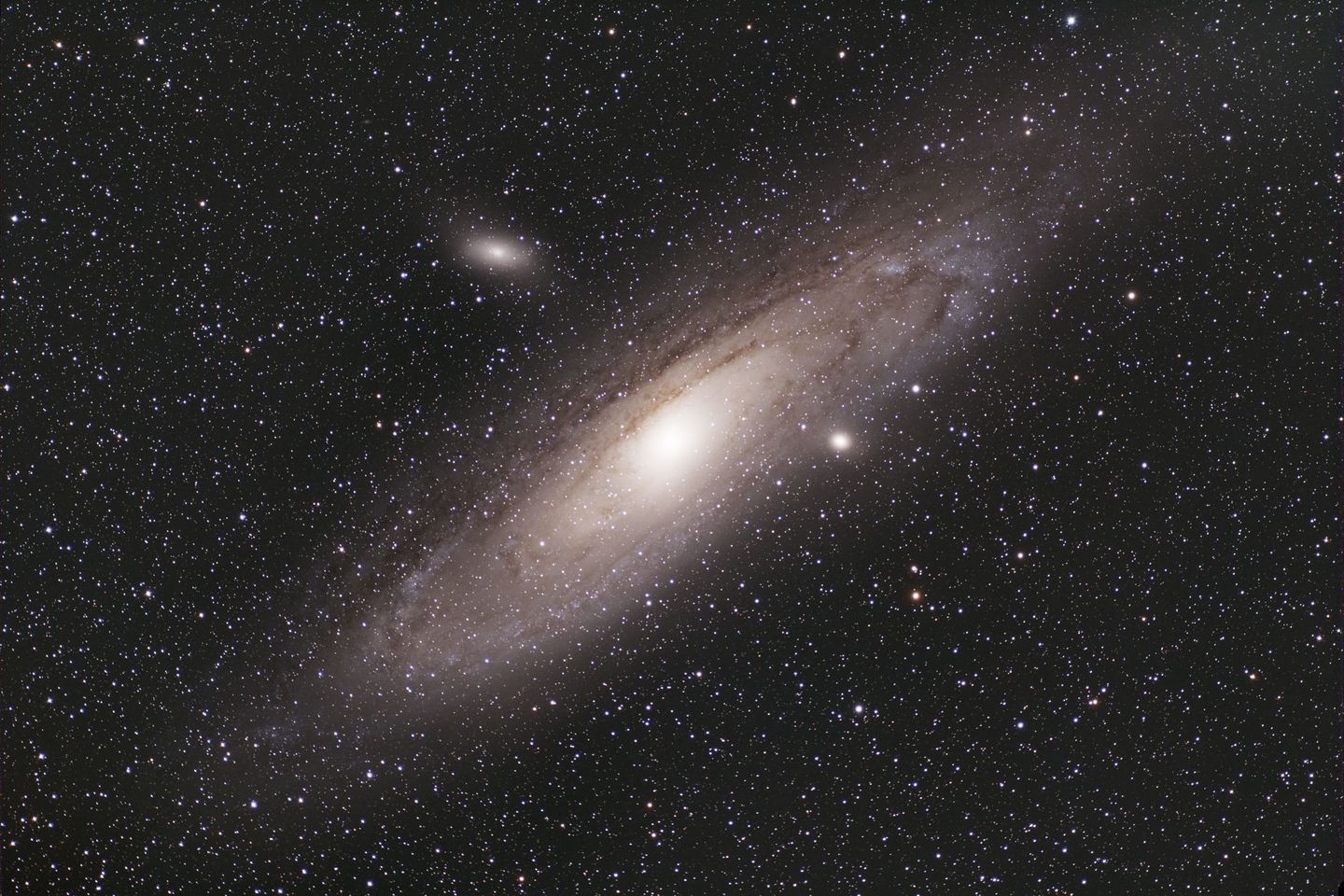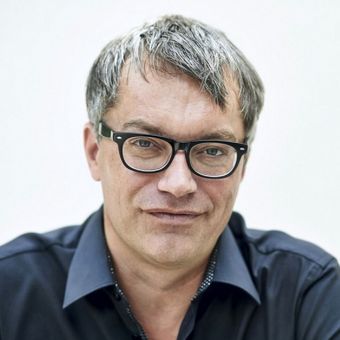Where do we belong in the vastness of the cosmos? It's a question that has fascinated humanity for centuries. Now, a team of astrophysicists led by UZH Professor Ben Moore plans to use a new telescope to probe previously uncharted regions of the universe — in hopes of uncovering new insights into the origins of humankind.

Astrophysics pursues the major goal of determining our origins and our place in the cosmos. Through telescopic observations of stars and planets, as well as theoretical model calculations, researchers are trying to unravel these mysteries. In doing so, they want to find out what lies beyond our Earth and our planetary system. Since its beginnings as a science over four centuries ago, astrophysics has inspired generations of students, scientists and the general public alike. Professor Ben Moore of the University of Zurich (UZH) and his research team have already achieved significant milestones in this field. Using numerical simulations on specially developed supercomputers, Moore discovered, for example, that planetary systems such as the Earth and the Moon are by no means rare - and that it is therefore entirely possible that life exists somewhere in the vastness of the universe.
Ben Moore and his team are planning to build a new astronomical observatory in Davos in order to provide researchers, young scientists and students at UZH with a powerful telescope, as well as to attract interested members of the public to the world of astronomy. Until now, there has been a lack of suitable infrastructure for research and teaching: students had to transport heavy telescopes to external locations for observations and then dismantle them again. With a permanently installed telescope, this time-consuming logistics is no longer necessary. In combination with a spectrograph, students will be able to carry out numerous research projects in future - from measuring the expansion and size of the universe, to analyzing the composition of stars, to imaging galaxies and discovering new exoplanets.
With the support of third-party funding from private individuals and institutions, the new telescope could become one of the most powerful of its kind in Switzerland. It will enable razor-sharp, high-resolution images of the universe. Ben Moore is excited about the idea of being able to put this instrument into operation soon and thus bring the fascination of cosmology closer to the general public: "To understand the origins of mankind and determine our place in the cosmos, we need a sharp view of the sky. With our modern telescope, we will discover new, surprising elements that will open up completely new perspectives on the universe."
At 1,500 meters above sea level and with an average of 180 observation nights per year — around 90 of them under completely clear skies — Davos offers ideal conditions for astronomical observation. In contrast, the canton of Zurich experiences far fewer clear nights, especially in winter and spring, due to frequent fog. Light pollution is also significantly lower in Davos than in urban areas, further enhancing visibility of the night sky.
Another key advantage of the Davos location is the possibility to construct a dedicated building to support the observatory. The dome housing the permanently installed telescope will be mounted on this structure, which will also include a lounge where students can warm up in cold weather and enjoy a hot drink. Additionally, the building will feature sanitary facilities and a storage room for equipment.
UZH Professor Ben Moore, widely known through numerous media appearances, is dedicated to making abstract and complex astrophysical concepts understandable and accessible to the public — including through his work as a columnist for Tages-Anzeiger and NZZ. He has authored over 300 scientific publications on topics such as planet and galaxy formation, dark matter, and dark energy, as well as several popular science books.
With a rare talent for balancing scientific precision with engaging, relatable language, Moore captivates a broad audience with the wonders of the cosmos. Notably, he holds the same chair at the University of Zurich once occupied by Albert Einstein over a century ago.

